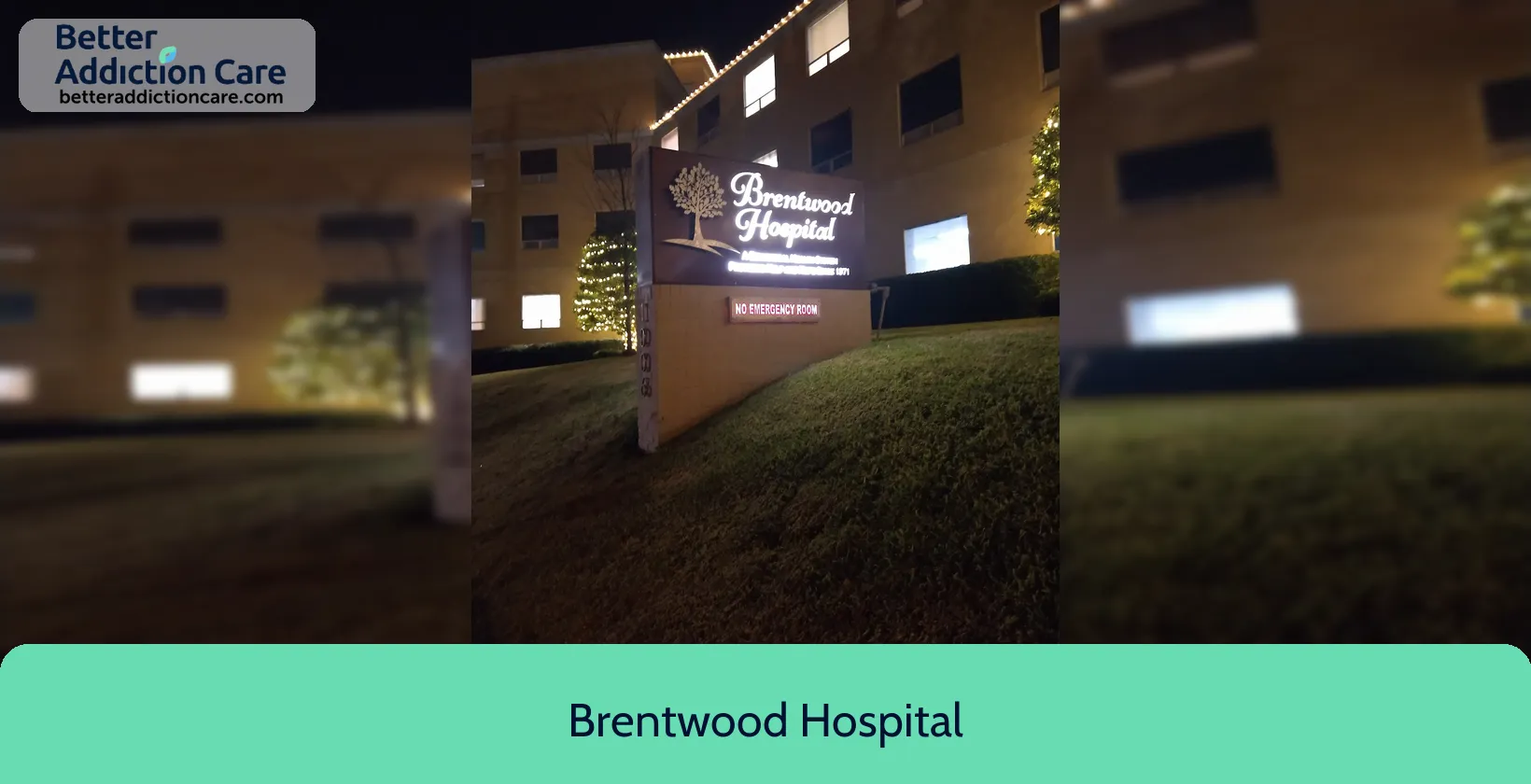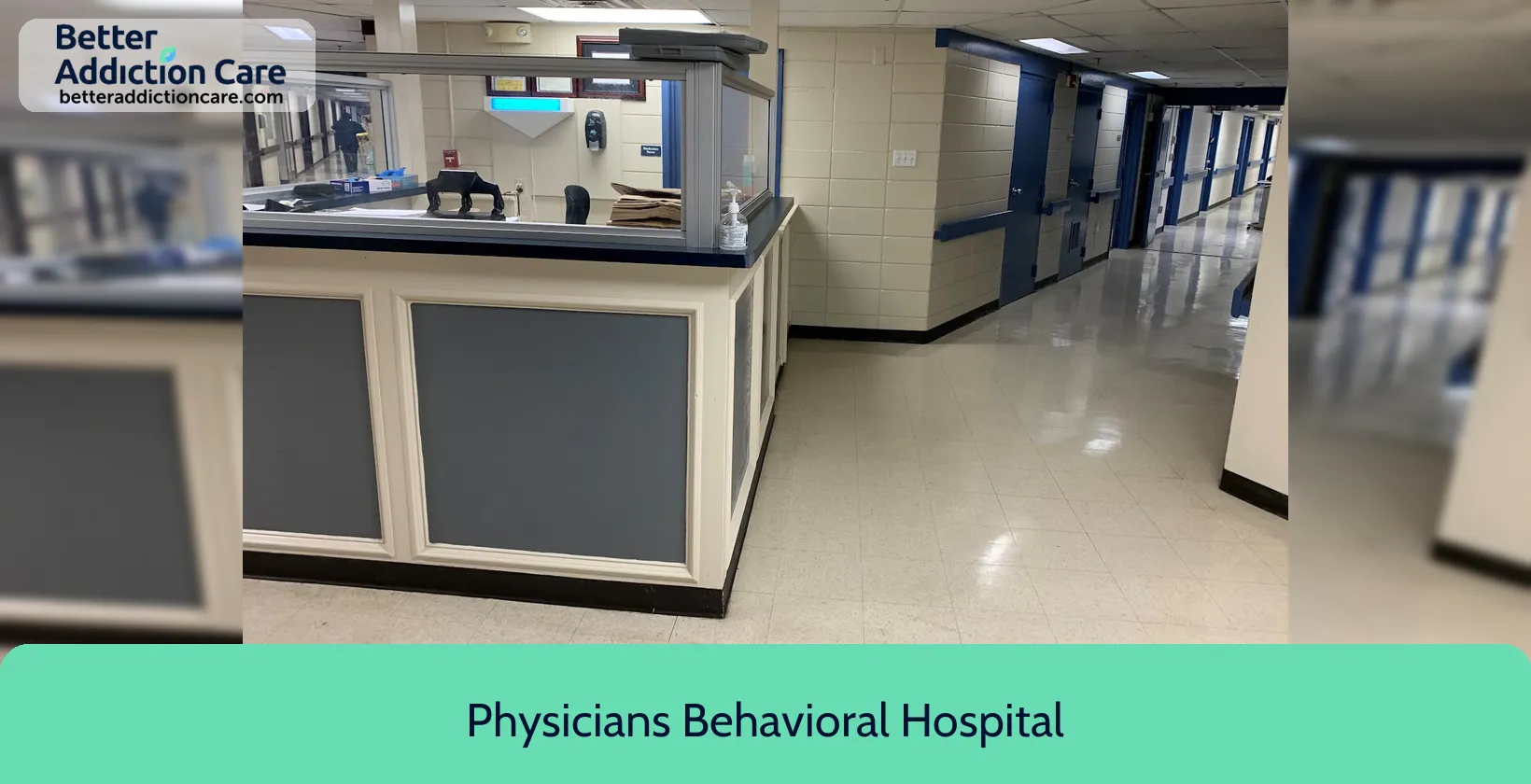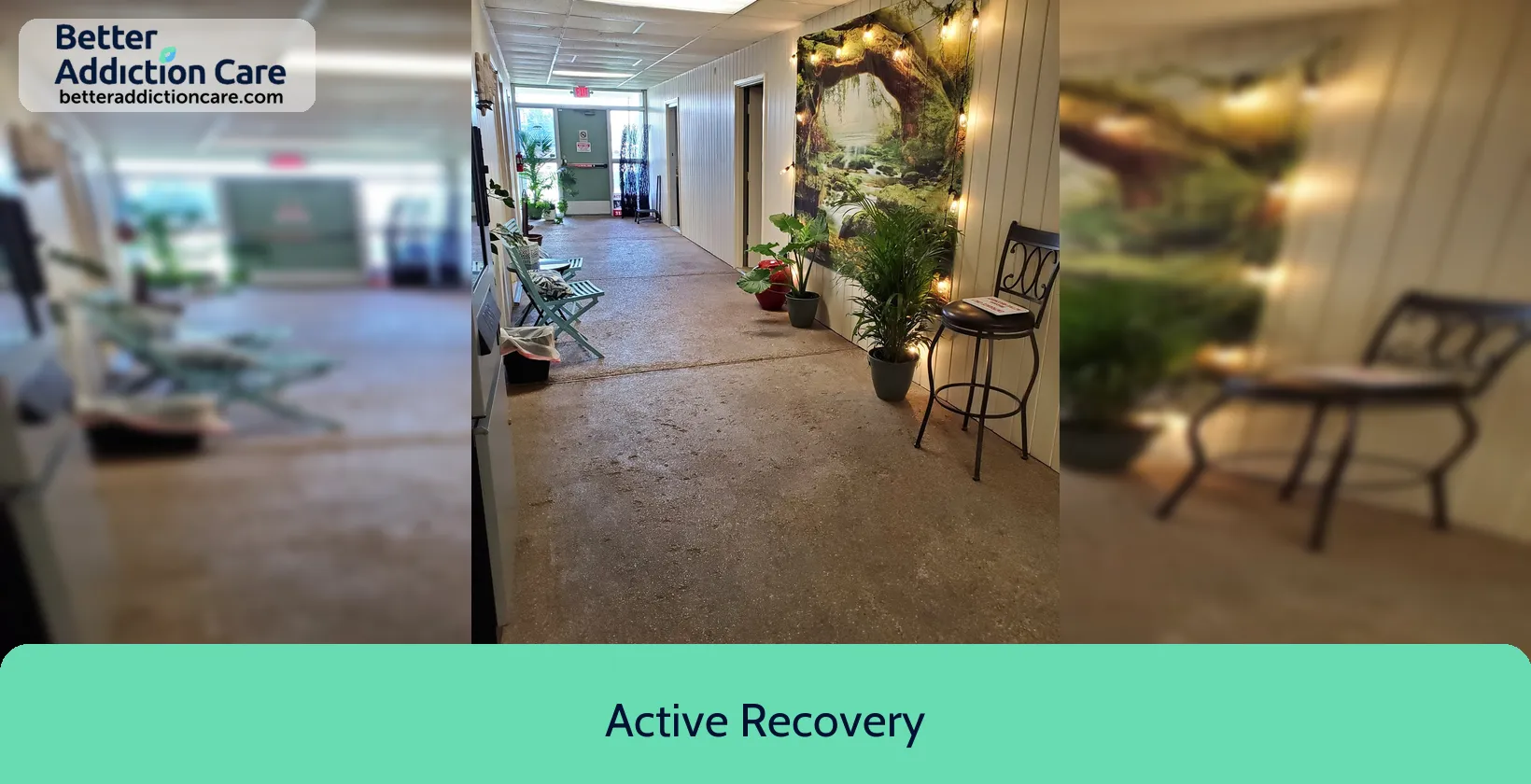Active Recovery
Overview
Active Recovery is a substance abuse treatment center for people seeking treatment near Caddo County. As part of their treatment modalities for recovery, Active Recovery provides cognitive behavioral therapy, telemedicine/telehealth therapy, and substance use disorder counseling during treatment. Active Recovery is located in Shreveport, Louisiana, accepting cash or self-payment for treatment.
Active Recovery at a Glance
Payment Options
- Cash or self-payment
- Medicaid
- Private health insurance
Assessments
- Screening for tobacco use
- Comprehensive substance use assessment
- Interim services for clients
- Screening for substance use
Age Groups
- Young adults
- Adults
- Seniors
Ancillary Services
- Transportation assistance
Highlights About Active Recovery
7.10/10
With an overall rating of 7.10/10, this facility has the following balanced range of services. Alcohol Rehabilitation: 8.00/10, Treatment Options: 7.46/10, Drug Rehab and Detox: 6.92/10, Insurance and Payments: 6.00/10.-
Alcohol Rehabilitation 8.00
-
Treatment Options 7.46
-
Drug Rehab and Detox 6.92
-
Insurance and Payments 6.00
Accreditations
State department of health:

Government agencies issue State Licenses, granting permission to rehabilitation organizations to conduct their business operations lawfully within specific geographic regions. Generally, the particular rehabilitation programs offered by a facility and its physical location dictate the necessary licenses needed for legal operation.
Treatment At Active Recovery
Treatment Conditions
- Alcoholism
- Substance use treatment
Care Levels
- Outpatient
- Intensive outpatient treatment
- Regular outpatient treatment
- Aftercare
Treatment Modalities
- Cognitive behavioral therapy
- Telemedicine/telehealth therapy
- Substance use disorder counseling
- Trauma-related counseling
- Group counseling
Ancillary Services
Additional Services
- Pharmacotherapies administered during treatment
- Discharge Planning
- Breathalyzer or blood alcohol testing
Special Programs
- Criminal justice (other than DUI/DWI)/Forensic clients
- Clients who have experienced trauma
Get Help Now
Common Questions About Active Recovery
Contact Information
Other Facilities in Shreveport

6.99

6.59

7.62

7.25

6.82

6.62

7.14

7.44
Browse rehab centers near Shreveport and in other cities across Louisiana
DISCLAIMER: The facility name, logo and brand are the property and registered trademarks of Physicians Behavioral Hospital, and are being used for identification and informational purposes only. Use of these names, logos and brands shall not imply endorsement. BetterAddictionCare.com is not affiliated with or sponsored by Physicians Behavioral Hospital.

